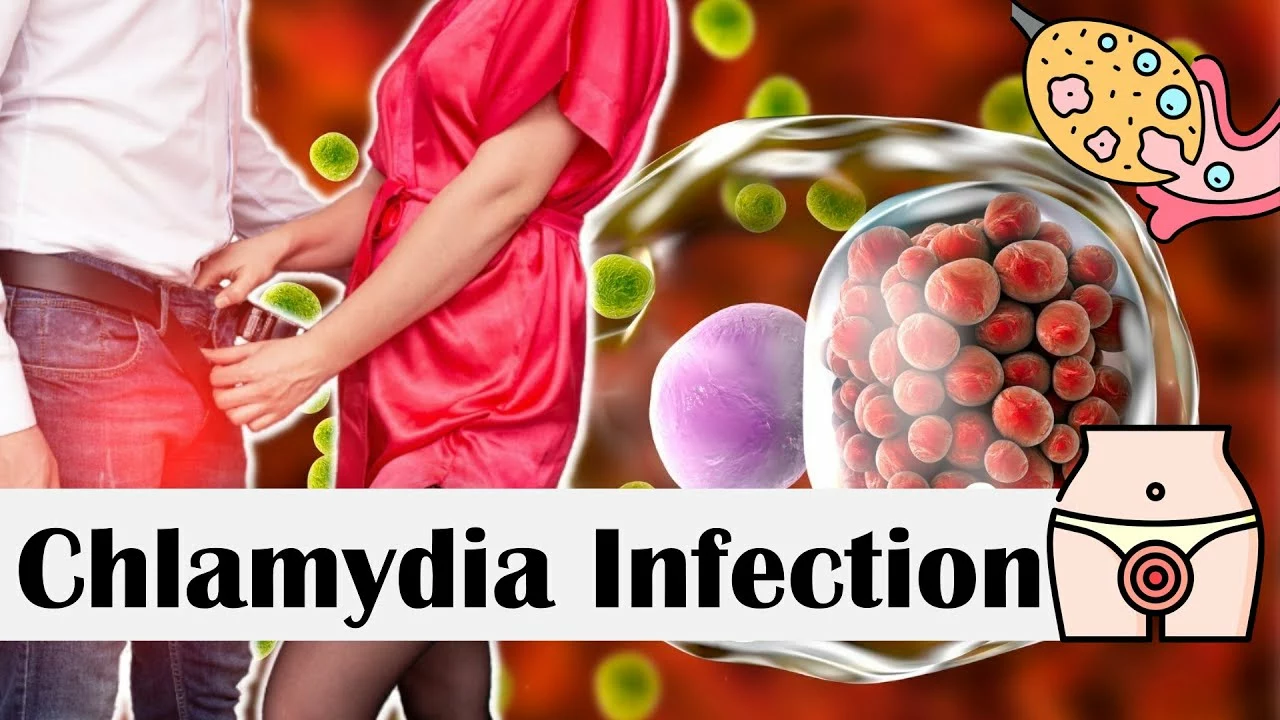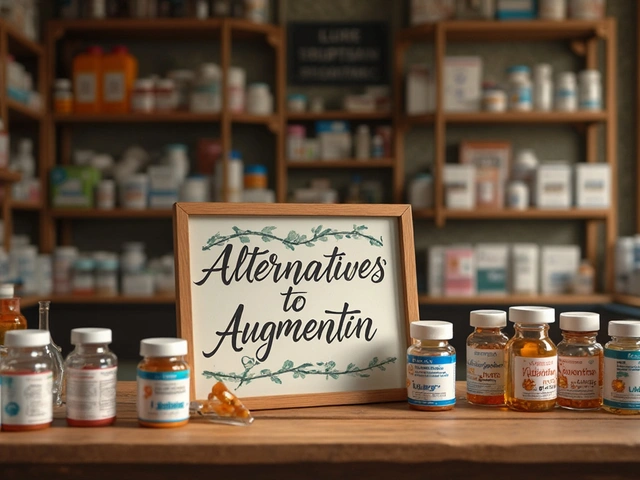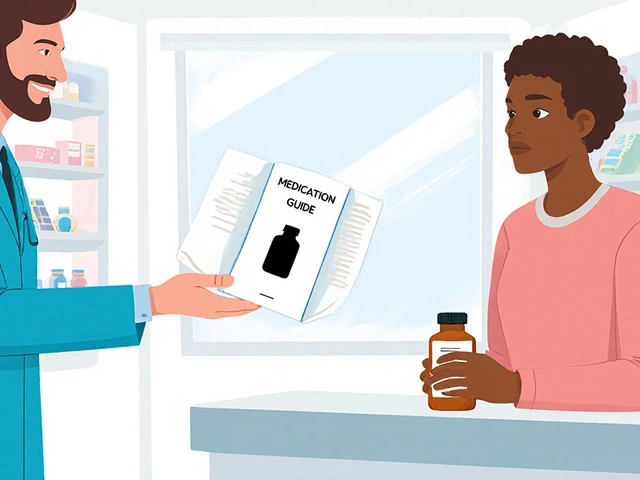Vaccines — what they do and how to stay safe
Vaccines train your immune system to fight infections without you getting seriously sick first. They cut the risk of hospital stays, long-term complications, and outbreaks. If you want straightforward facts and practical steps before and after a shot, this page is for you.
How vaccines work (in plain language)
A vaccine shows your body a harmless piece of a virus or bacteria — or a blueprint so your cells briefly make that piece. Your immune system learns to recognize it and makes defenses (antibodies and immune memory). If you meet the real germ later, your body fights it faster and harder.
This learning usually takes a few weeks. Some vaccines need boosters to keep protection strong. Others give long-lasting immunity from one or two doses.
What to expect: side effects, safety, and common questions
Most side effects are mild and short-lived. Expect soreness at the injection site, tiredness, a low fever, or muscle aches for a day or two. These are signs your immune system is responding.
Severe reactions are rare. If you’ve had a severe allergic reaction to a vaccine before, tell your provider. If you have immune problems, are pregnant, or take blood thinners, ask your doctor which vaccines are safe and when to get them.
Before the shot: bring ID and your vaccine card if you have one. Tell staff about allergies, past vaccine reactions, and current illnesses. After the shot: wait the recommended observation time (often 15 minutes) so staff can help if you feel faint or have a bad reaction.
Keep vaccine records. Note the date, brand, lot number, and where you got the shot. This helps with boosters, travel, school requirements, and medical care later.
Where to get reliable info and vaccines
Trust official sources: your local health department, the CDC, WHO, or a licensed pharmacist or doctor. They explain which vaccines you need, the right timing, and safety updates.
Avoid buying vaccines from unverified online sellers. Vaccines need proper storage and handling. If a site promises rare vaccines without a prescription or at suspiciously low prices, walk away. Your pharmacy, clinic, or public health center is the safe route.
If you’re unsure about a vaccine, ask specific questions: What are the benefits for me? What side effects should I expect? Do I need a booster? Is it safe with my medications? Clear answers help you decide without worry.
Vaccines save lives when used correctly. Ask questions, keep records, and use trusted sources. If something feels off after a shot, contact your provider right away — quick action makes a difference.

As a blogger, I've recently been researching the role of vaccines in preventing certain sexually transmitted infections (STIs). I've found that vaccines, like those for HPV and Hepatitis B, can significantly reduce the risk of contracting these infections. It's essential for us to be aware of these vaccines and consider getting vaccinated as part of our overall sexual health plan. Vaccination not only protects us but also contributes to the reduction of STI prevalence in the community. So, let's do our part and stay informed about the benefits of vaccines in preventing STIs!






